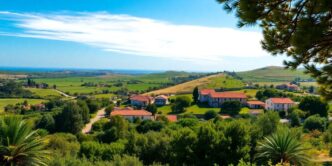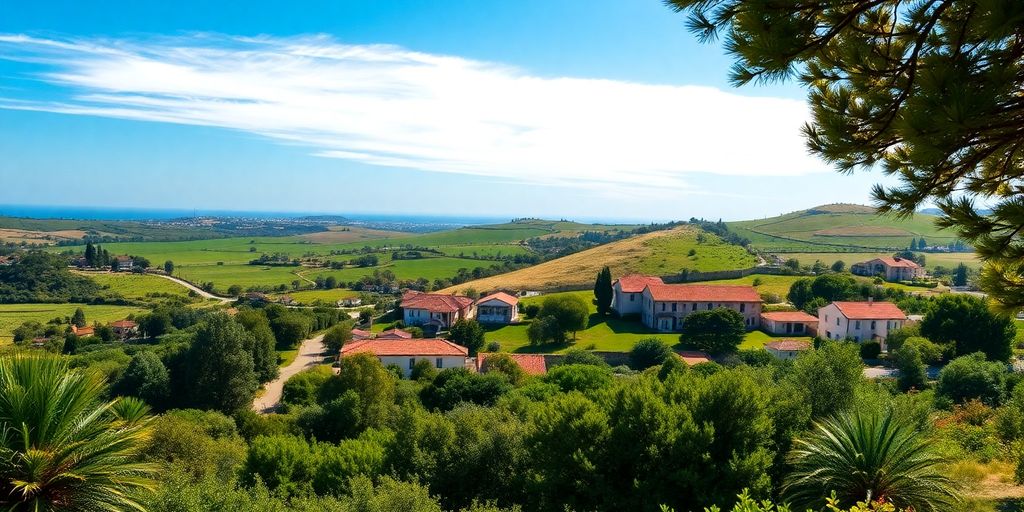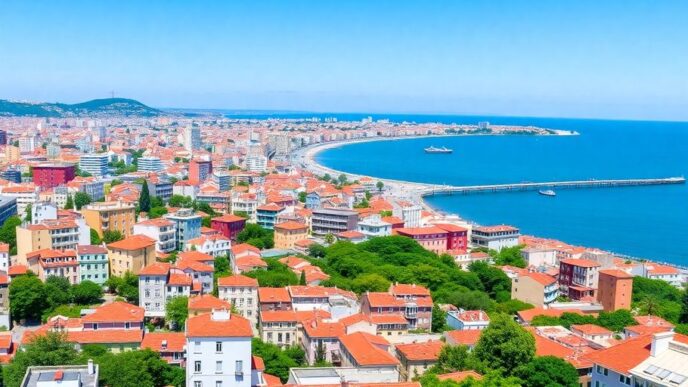A significant conference focusing on the use of rustic land for urbanization and construction will take place in Albufeira on January 29, 2025. This event aims to discuss the implications of the recently enacted Decree-Law No. 117/2024, which facilitates the transformation of rustic land into urban areas. The conference will gather key stakeholders from various sectors to explore the opportunities and challenges presented by this legislative change.
Where & When
- Date and Location: January 29, 2025, at AHETA headquarters, Albufeira.
- Key Legislation: Discussion centered around Decree-Law No. 117/2024, allowing rustic land use for urban development.
- Participants: Representatives from architecture, engineering, law, and tourism sectors.
- Focus Areas: Urban planning, management of rustic land, and the impact on tourism and housing.
Overview of the Conference
The conference is organized by urban planner António G. Nóbrega in collaboration with APEMIP (the Association of Professionals and Companies of Real Estate Mediation in Portugal). It will commence at 9:00 AM and will feature discussions on the implications of the new legislation for urban planning and real estate development.
Legislative Context
The Decree-Law No. 117/2024, enacted on December 30, 2024, has been referred to as the “earthquake of 2025” due to its potential to reshape land use regulations across Portugal. This law aims to streamline the process of converting rustic land into urban areas, which is expected to have a profound impact on various sectors, including real estate and tourism.
Panel Discussions
The event will include a panel featuring:
- António Nóbrega: Insights on the real estate sector’s perspective.
- Helder Martins: President of AHETA, discussing the tourism sector’s challenges, particularly the shortage of residential facilities for workers.
- Regional Representatives: From the Orders of Architects, Engineers, and Lawyers, providing a comprehensive view of the legislative framework.
Importance of the Event
This conference represents a crucial opportunity for stakeholders to engage in dialogue about the future of land use in the Algarve region. The discussions will address the pressing need for residential solutions for tourism workers, a topic that has gained urgency as many establishments face operational challenges due to inadequate housing.
Conclusion
The Albufeira conference is set to be a pivotal event for understanding the implications of the new land use legislation. It will serve as a platform for collaboration among various sectors, aiming to enhance urban planning and address the critical housing needs in the region. Participants are encouraged to engage actively in discussions that will shape the future of rustic land utilization in Portugal.














